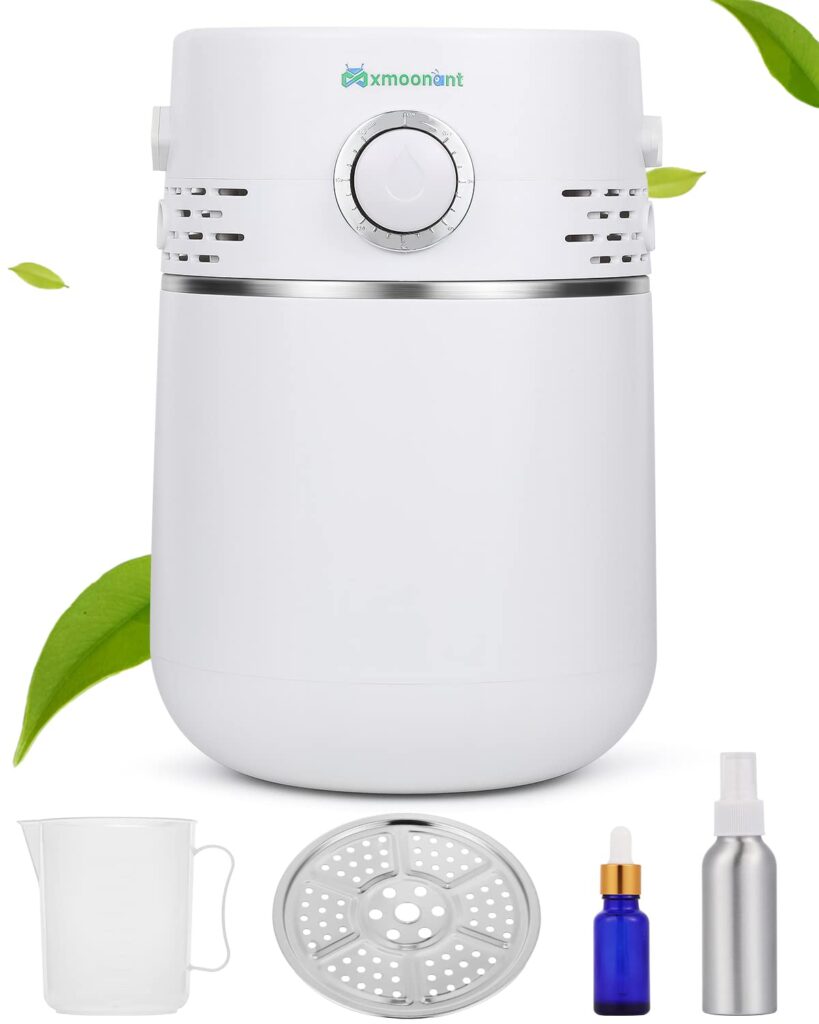Distilled water is water that has been purified through a process of heating and cooling, which removes impurities and minerals. It is often used in laboratories and industrial settings for its purity and lack of contaminants. Plant cells, on the other hand, are the basic structural and functional units of plants. They are responsible for various processes such as photosynthesis, respiration, and nutrient storage. The relationship between distilled water and plant cells is an important one, as the quality of water can have a significant impact on the health and growth of plants. In this article, we will explore the effects of distilled water on plant cells and its implications for agriculture and gardening.
Setting up the Experiment: Materials and Method
To study the effects of distilled water on plant cells, an experiment was set up using a variety of plants such as tomatoes, sunflowers, and ferns. The plants were divided into two groups, with one group receiving regular tap water and the other group receiving distilled water. The experiment was conducted over a period of four weeks, with regular observations and measurements taken to assess the impact of the different types of water on the plants. The plants were kept in controlled environmental conditions, with consistent light, temperature, and humidity levels to ensure that any changes observed could be attributed to the type of water they were receiving. Additionally, various measurements such as leaf size, color, and overall plant health were recorded to provide a comprehensive analysis of the effects of distilled water on plant cells.
Observing the Effects of Distilled Water on Plant Cells
After several weeks of observation, it became clear that the plants receiving distilled water exhibited some noticeable differences compared to those receiving tap water. The plants receiving distilled water showed signs of improved hydration, with turgid and vibrant leaves, while the plants receiving tap water appeared to be more wilted and less vibrant. Additionally, the roots of the plants receiving distilled water appeared to be healthier and more robust compared to those receiving tap water. This observation suggested that the quality of water had a direct impact on the health and hydration of plant cells. Furthermore, microscopic analysis of the plant cells revealed that those receiving distilled water had a higher concentration of chlorophyll and other essential nutrients, indicating that the purity of the water had a positive effect on the cellular processes within the plants.
Analyzing the Results: Changes in Plant Cells
Upon further analysis, it was found that the plant cells receiving distilled water had a higher rate of photosynthesis and respiration compared to those receiving tap water. This was evident from the increased production of oxygen and glucose in the plants receiving distilled water, which are essential for plant growth and energy production. Additionally, the cells receiving distilled water showed a higher rate of cell division and growth, leading to larger and healthier plant structures. On the other hand, the cells receiving tap water exhibited signs of stress and dehydration, with reduced cellular activity and growth. These findings indicated that the quality of water had a direct impact on the cellular processes within the plants, ultimately affecting their overall health and growth.

The Impact of Distilled Water on Plant Growth and Health
The impact of distilled water on plant growth and health was significant, with the plants receiving distilled water showing overall better growth and development compared to those receiving tap water. The plants receiving distilled water had larger leaves, stronger stems, and more vibrant flowers compared to those receiving tap water. Additionally, the fruits and vegetables produced by the plants receiving distilled water were found to be larger and more flavorful compared to those produced by plants receiving tap water. This suggested that the quality of water not only affected the health of the plants themselves but also had a direct impact on the quality and yield of their produce. These findings have important implications for agriculture and gardening, as they highlight the importance of using high-quality water for optimal plant growth and productivity.
Implications for Agriculture and Gardening
The implications of these findings for agriculture and gardening are significant. It is clear that the quality of water has a direct impact on the health and growth of plants, which in turn affects their yield and quality of produce. Therefore, it is essential for farmers and gardeners to consider the quality of water they are using for irrigation and watering. Using distilled water or other high-quality sources of water can lead to improved plant health, increased yield, and better quality produce. Additionally, these findings also highlight the importance of proper hydration for plant cells, as it directly affects their cellular processes and overall health. By understanding the impact of water quality on plant growth, farmers and gardeners can make informed decisions about their watering practices to optimize plant health and productivity.
Understanding the Role of Water Quality in Plant Health
In conclusion, the relationship between distilled water and plant cells is an important one that has significant implications for agriculture and gardening. The experiment conducted to study the effects of distilled water on plant cells revealed that high-quality water has a direct impact on the health, growth, and productivity of plants. The plants receiving distilled water showed improved hydration, cellular activity, and overall health compared to those receiving tap water. These findings underscore the importance of using high-quality water for irrigation and watering to optimize plant health and productivity. By understanding the role of water quality in plant health, farmers and gardeners can make informed decisions about their watering practices to ensure optimal plant growth and yield.



